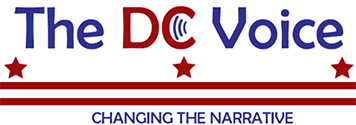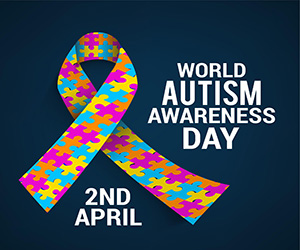DC’s private employers must now let staffers know they can have several forms of paid leave—family, medical, and parental leave—starting Jul. 1. Here’s the lowdown.
Alone among economically advanced countries, the U.S. has no mandatory paid family leave. The Family and Medical Leave Act does make many workers eligible for three months of leave—unpaid. Only a handful of states require paid leave, and corporate parental leave benefits are hard to get. For more than 80% of the non-military U.S. workforce, this vital support remains out of reach.
But numbers can’t tell the full story. There are names and faces.
Charlotte Sullivan is a college instructor, married to a grocery store worker. Charlotte felt compelled to seek an abortion, because neither spouse could get paid parental leave. The London-based Guardian newspaper covered Charlotte’s story, observing that becoming a parent in the United States “is not really a right but a privilege.”
World-Class Support for D.C.’s Working Caregivers
Paid family leave will become a right in the District of Columbia starting Jul. 1, 2020, as a recently created office implements the Universal Paid Leave Amendment Act. From this year on, D.C. residents won’t have to decide between saving their jobs and caring for their loved ones. The Office of Paid Family Leave will provide, once over the span of any 52 work weeks:
- Up to 6 weeks for an employee to care for, or provide companionship for, a family member with a serious health condition.
- Up to 2 weeks of paid personal medical leave for employees with serious health conditions—physical or mental, whether requiring institutional or at-home recovery.
- Up to two months of paid parental leave within one year from the birth or adoption of a child, or the beginning of primary caregiving responsibility.
Family—Defined Inclusively
“Family” under this law means:
- A child: biological, adopted, foster, or stepchild.
- A child for whom the eligible individual has stepped in as primary caregiver.
- A child of a domestic partner.
- A biological, foster or adoptive parent, parent-in-law, stepparent, or prior primary caregiver.
- A spouse, domestic partner, grandparent, or sibling.
This exemplary family leave law will provide approved applicants up to $1,000 a week.
New Responsibilities for D.C. Businesses
Since last July, businesses have been contributing an amount equal to 0.62% of their workers’ annual gross wages, commissions, and bonuses. Businesses must notify their employees about the law, keeping several points in mind:
- All employers, including individuals who employ D.C. workers, must follow the law—even if the job is brokered through a staffing agency.
- Businesses beyond D.C. can be covered by this law, if people work for them remotely from D.C. at least half their working hours.
- Employers must contribute to the fund and submit a report within a month after each calendar quarter (first due date: Oct. 31, 2020) or face significant fines.
Employees cannot waive their right to the benefits.
How Access to Paid Leave Works
At least 10 days in advance or as early as possible, the employee must notify the employer in writing of the need to use paid leave, the reason, and expected time needed. The law makes provisions for unexpected or urgent needs.
After the employee files a claim, the government determines eligibility and explains that a negative decision can be appealed. Payments, which are taxable income, start within 10 business days of the eligibility decision, and continue every two weeks.
Those who earn up to 150% of D.C.’s minimum wage will get payments equivalent to 90% of their average weekly pay. Those with higher incomes will get the same, plus half the amount of their earnings over the 150% mark, up to $1,000 per week. Next year, the weekly cap is set to rise with the Consumer Price Index.
There is at least one flaw in the Act. Someone who was let go or who left a job won’t have access to the leave. Given the rise of the gig economy, this is especially problematic.
Follow the Discussion
You can read the government’s Frequently Asked Questions sheet here. While the DC Council approved this law, organizers fought hard to achieve it. Follow the discussion on Twitter as implementation gets under way:
@DCPaidLeave
#Ready4PFL
#PaidLeave4DC
#LeadOnLeaveDC


















Add comment